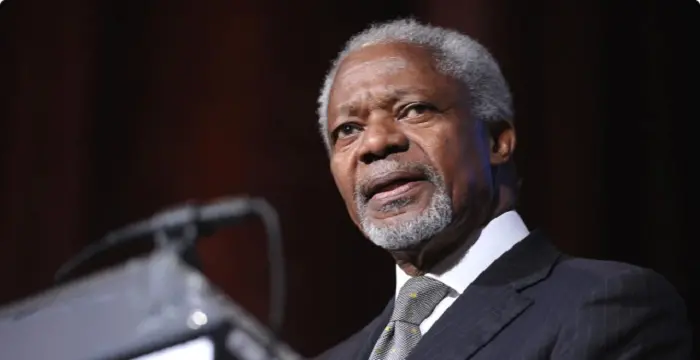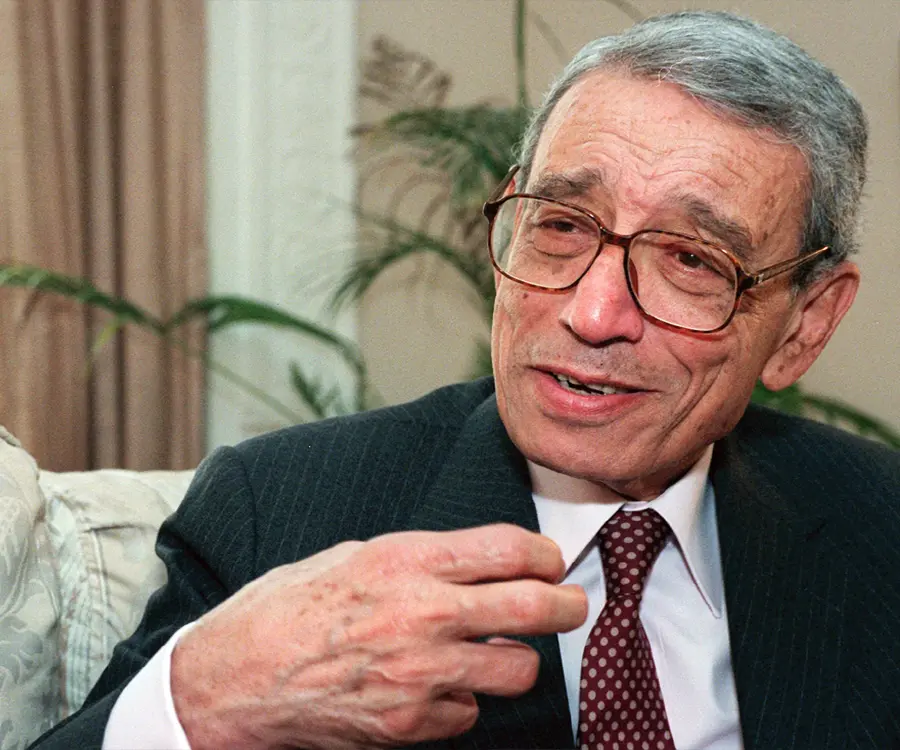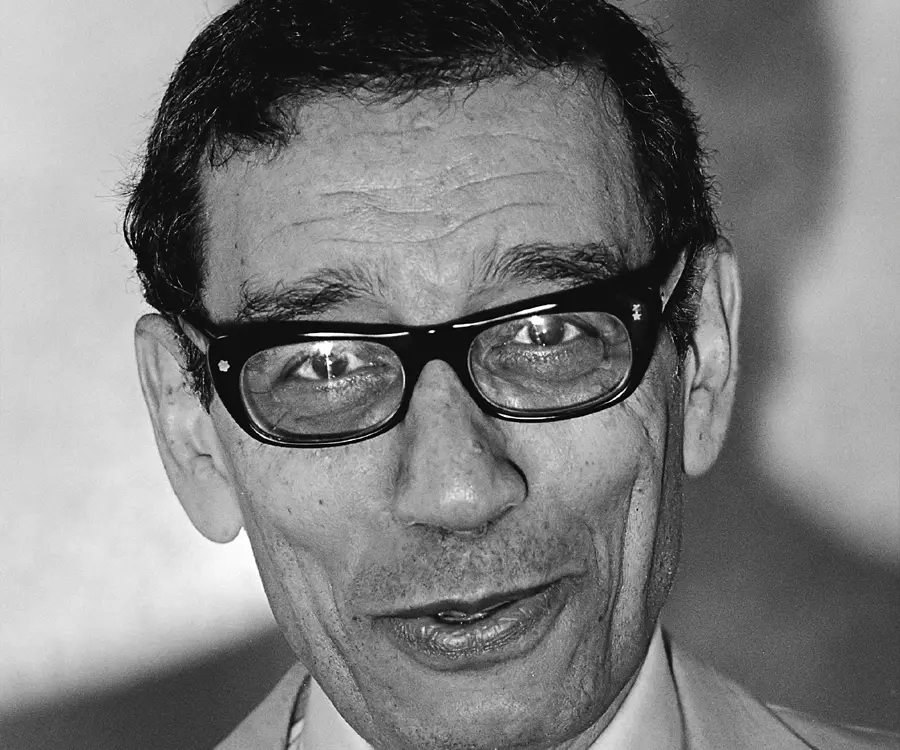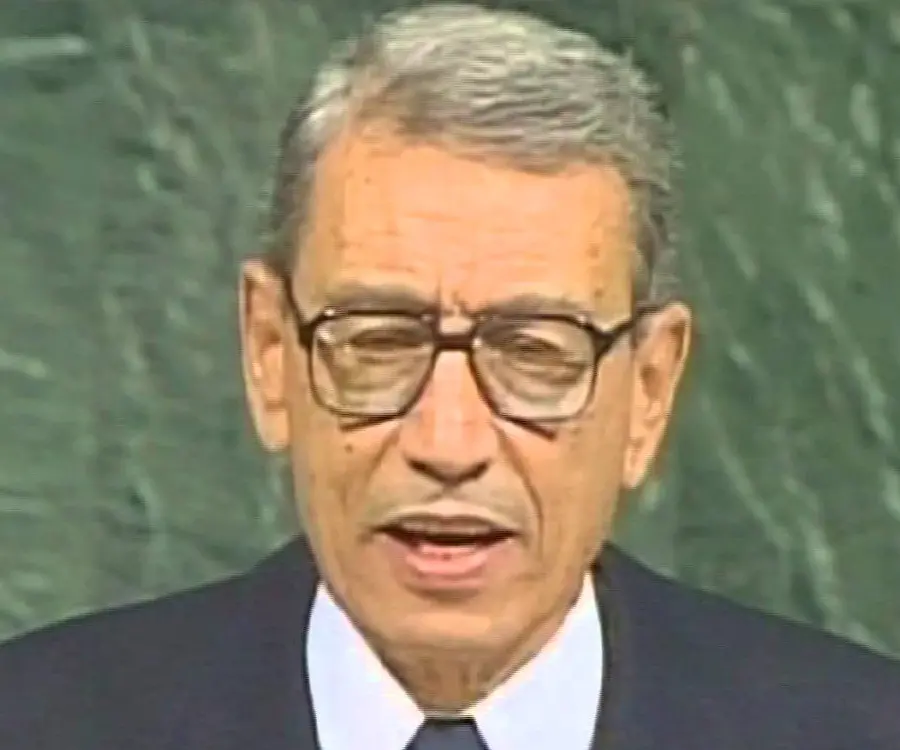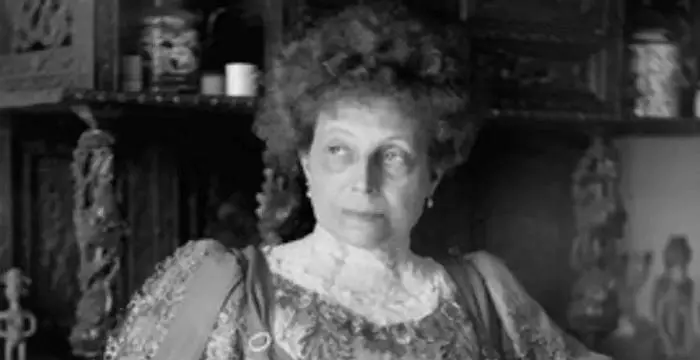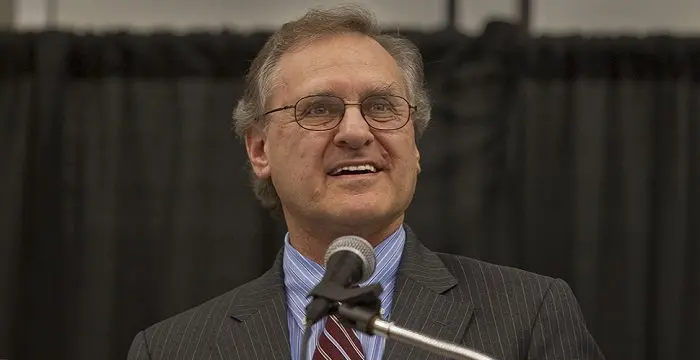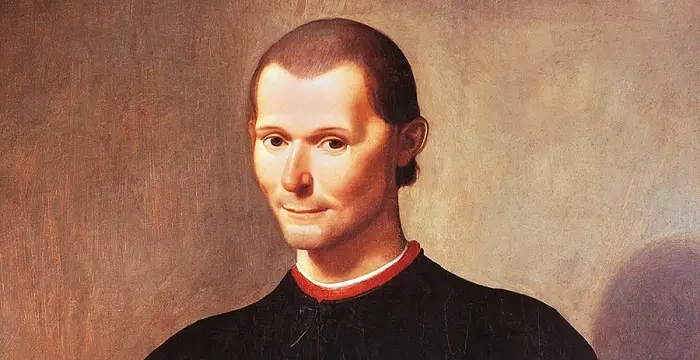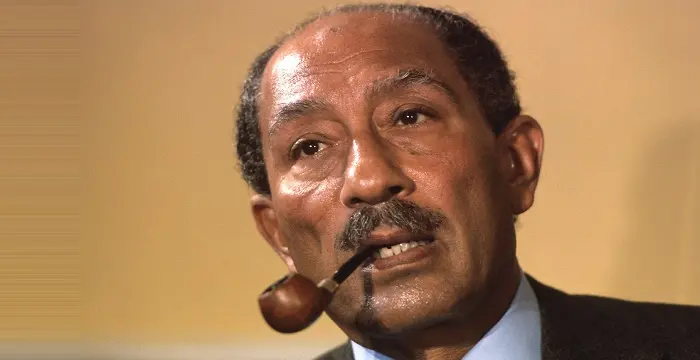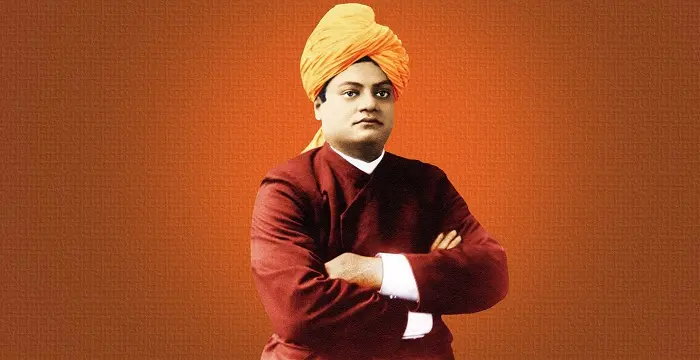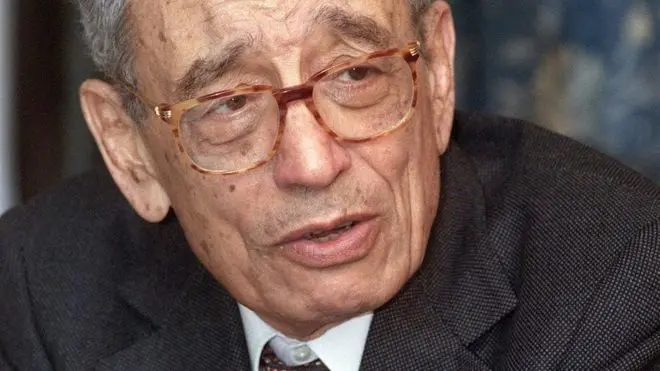
Boutros Boutros-Ghali - Former Un Secretary General, Birthday and Childhood
Boutros Boutros-Ghali's Personal Details
Boutros Boutros-Ghali was an Egyptian statesman, diplomat, scholar and a lawyer, who served the ‘United Nations’ as its 6th Secretary-General
| Information | Detail |
|---|---|
| Birthday | November 14, 1922 |
| Died on | February 16, 2016 |
| Nationality | Egyptian |
| Famous | Leaders, Political Leaders, Diplomats, Former Un Secretary General |
| Spouses | Leia Maria Boutros-Ghali |
| Siblings | Michel Boutros-Ghali, Raouf Boutros-Ghali |
| Universities |
|
| Birth Place | Cairo, Egypt |
| Religion | Coptic Orthodox Church of Alexandria |
| Height | 178 |
| Gender | Male |
| Sun Sign | Scorpio |
| Born in | Cairo, Egypt |
| Famous as | Former UN Secretary General |
| Died at Age | 93 |
// Famous Former Un Secretary General
Kofi Annan
Kofi Annan was the seventh secretary general of the United Nations. Check out this biography to know about his childhood, family, personal life, UN career, etc.
Boutros Boutros-Ghali's photo
Who is Boutros Boutros-Ghali?
Boutros Boutros-Ghali was an Egyptian statesman, diplomat, scholar and a lawyer, who served the ‘United Nations’ as its 6th Secretary-General. As the UN Secretary-General he strived to re-establish the position of the ‘United Nations’ with regard to international affairs. The ‘United Nations’ dealt with various international issues such as the ‘Rwandan Genocide’, the continuing ‘Angolan Civil War’ and disintegration of Yugoslavia during his tenure. A Ph.D. in international law, Ghali is respected around the world for his remarkable professional stint as a lawyer. He was a professor at ‘Cairo University’ and visited several institutes and universities around the world delivering lectures in international affairs and international law. He served Egypt as its Minister of State for Foreign Affairs and also remained Deputy Prime Minister. He served the ‘Organisation internationale de la Francophonie’ as it’s first Secretary-General. He chaired the board of ‘South Centre’, an intergovernmental organisation that acted as a think tank for developing nations. He was a proponent for the ‘Campaign for the Establishment of a United Nations Parliamentary Assembly’, an endeavour to authorize representation of citizens at the ‘United Nations’. He remained member of the ‘Arab Socialist Union’ party prior to 1978, the ‘National Democratic Party’ from 1978 to 2011 and thereafter an independent politician till 2016.
// Famous Diplomats
Gertrude Bell
Gertrude Bell was an English writer and diplomat, who was highly influential in helping the British Empire exert its dominance in the Middle East. Check out this biography to know about her childhood, family life, achievements and fun facts about her
Stephen Lewis
Stephen Lewis is a Canadian politician, broadcaster, diplomat and professor. This biography profiles his childhood, career, works, life, achievements and timeline.
Niccolò Machiavelli
Niccolo Machiavelli was an Italian politician, historian and philosopher who is widely known as a founder of modern political science.
Childhood & Early Life
He was born on November 14, 1922, in Cairo to Yusuf Butros Ghali and Safela Mikhail Sharubim. He was a scion of an affluent Coptic Christian family. His father was a former Finance Minister of Egypt while his paternal grandfather Boutros Ghali was a former Prime Minister of Egypt and his maternal grandfather, Mikhail Sharubim was a well known historian and public servant.
In 1946 he completed his graduation from ‘Cairo University’.
In 1949 he earned a doctorate in International Law from ‘University of Paris. Same year he completed his diploma from ‘Science Po’ in International Relations.
Career
For three decades from 1949 to 1979 he served at the ‘Cairo University’ as Professor of International Law and International Relations. During this time he travelled and delivered lectures in several institutes and universities including in the US, Europe, Africa, Middle East and India. Many of his scholarly books were published in French.
From 1954 to 1955, he was associated with ‘Columbia University’ as a ‘Fulbright Research Scholar’.
From 1963 to 1964 he served ‘Centre of Research of the Hague Academy of International Law’ as a Director.
He was a Visiting Professor at the Faculty of Law, Paris University, during 1967-1968.
His career in politics shaped up during the tenure of President Anwar El Sadat. From 1974 to 1977 he was a ‘Central Committee of the Arab Socialist Union’ member.
He became the Honorary Rector of the ‘Graduate Institute of Peace Studies’.
In 1975 he was made the President of the ‘Centre of Political and Strategic Studies’.
From 1977 to early 1991 he remained the Minister of State for Foreign Affairs of Egypt. He played an important role in the peace agreements between the President of Egypt, Anwar El Sadat and the Prime Minister of Israel, Menachem Begin.
In September 1978, Ghali participated as an Egyptian delegate at the peace summit at Camp David in the US.
In 1980 he was inducted in the ‘African Society of Political Studies’ as its President.
Linda Melvern, an investigative journalist mentions that during his tenure as Foreign Minister in 1990, Ghali gave approval for a covert arms sale worth $26 million to Rwanda government.
Thereafter he served as the Deputy Minister for Foreign Affairs for several months.
In May 1991, he was inducted as Deputy Prime Minister for International Affairs by the then Egyptian President Hosni Mubarak.
On January 1, 1992 he took charge as the 6th Secretary-General of the ‘United Nations’ (UN) after being elected in 1991 and held the position till December 31, 1996. He made a call to all nations to realise the 1945 pledge of the ‘UN’, of an international political system.
He considered the ‘UN’ and its agencies to be apt for advocating global peace, economic development and security by way of international cooperation.
He wrote a report for the ‘UN’, ‘An Agenda for Peace’ in 1992 that proposed ways he felt the ‘UN’ can adopt to handle conflict in the post-Cold War World.
According to some Somalis, Ghali was responsible for crisis in Somalia. They believed that the July 12, 1993 US helicopter attack on a peace initiative meeting of the clan leaders of Habr Gidr (the meeting was planned by retired U.S. Admiral Jonathan Howe, the then leader of the UN Mission in Mogadishu) was done on Ghali’s wishes. The incident marred peace initiatives and led to the October 3-4 ‘Battle of Mogadishu’ that year.
When the ‘UN’ failed to respond to the ‘Rwandan Genocide’ in 1994, that claimed over a million lives, he was greatly censured. He also failed to gather support in the ‘UN’ to intervene in the ‘Angolan Civil War’ that was continuing since 1975 with a few intervals in-between.
Another critical issue that cropped up during his tenure as Secretary-General was handling the crisis of the Yugoslav Wars.
The 50th UN anniversary celebration was led by Ghali in 1995.
In 1996 a resolution was sponsored by ten ‘UN Security Council’ members advocating for a second five year term for Ghali as the Secretary-General, but was dismissed by the US, a permanent member of the council. Thus he became the first such person who did not hold the position for a second term.
On November 16, 1997, he became the first Secretary-General of ‘La Francophonie’ and held office till December 31, 2002.
He served the ‘South Centre’ from 2003 to 2006, as chairman of its board. It is an intergovernmental organisation that acts as a think tank for developing nations.
The ‘Hague Academy of International Law’ made him the President of its ‘Curatorium Administrative Council’.
From 2003 to 2012 he remained the Director of ‘Egyptian National Council of Human Rights’.
He was an advocate for the ‘Campaign for the Establishment of a United Nations Parliamentary Assembly’, an initiative to initialise representation of citizens at the ‘United Nations’. In the 2007 initiative of the campaign he was one of the early signatories.
He also remained jury member of the ‘Foundation Chirac’ for its annual ‘Conflict Prevention Prize’ from 2009 to 2015.
He wrote two memoirs, ‘Egypt's road to Jerusalem: a diplomat's story of the struggle for peace in the Middle East’ and ‘Unvanquished: A US-U.N. Saga’ that were published in 1997 and 1999 respectively.
Personal Life & Legacy
He was married to Leia Maria Boutros-Ghali. She was raised in an Egyptian Jewish family in Alexandria.
On February 16, 2016 he died in a Cairo hospital where he was being treated for a broken leg or pelvis.
Trivia
According to him, many factors including conflict between ‘UN’ and US on issues like the ‘Rwandan Genocide’ and ‘Bosnian War’; the US Presidential election of 1996 and such others led to the US veto his nomination for a second term as ‘UN’ Secretary-General.
// Famous Political Leaders
Edi Rama
Edi Rama is the current Prime Minister of Albania. Check out this biography to know about his childhood, life, achievements, works & timeline.
Khalifa bin Zayed Al Nahyan
Sheikh Khalifa bin Zayed Al Nahyan is the current President of the United Arab Emirates (UAE). Check out this biography to know about his birthday, childhood, family life, achievements and fun facts about him.
Leo Varadkar
Cam Leo Varadkar is the current Taoiseach—the Prime Minister—of the Republic of Ireland. Check out this biography to know about his childhood, family life, achievements and other facts about his life.
Boutros Boutros-Ghali biography timelines
- // 14th Nov 1922He was born on November 14, 1922, in Cairo to Yusuf Butros Ghali and Safela Mikhail Sharubim. He was a scion of an affluent Coptic Christian family. His father was a former Finance Minister of Egypt while his paternal grandfather Boutros Ghali was a former Prime Minister of Egypt and his maternal grandfather, Mikhail Sharubim was a well known historian and public servant.
- // 1946In 1946 he completed his graduation from ‘Cairo University’.
- // 1949In 1949 he earned a doctorate in International Law from ‘University of Paris. Same year he completed his diploma from ‘Science Po’ in International Relations.
- // 1949 To 1979For three decades from 1949 to 1979 he served at the ‘Cairo University’ as Professor of International Law and International Relations. During this time he travelled and delivered lectures in several institutes and universities including in the US, Europe, Africa, Middle East and India. Many of his scholarly books were published in French.
- // 1954 To 1955From 1954 to 1955, he was associated with ‘Columbia University’ as a ‘Fulbright Research Scholar’.
- // 1963 To 1964From 1963 to 1964 he served ‘Centre of Research of the Hague Academy of International Law’ as a Director.
- // 1967 To 1968He was a Visiting Professor at the Faculty of Law, Paris University, during 1967-1968.
- // 1974 To 1977His career in politics shaped up during the tenure of President Anwar El Sadat. From 1974 to 1977 he was a ‘Central Committee of the Arab Socialist Union’ member.
- // 1975In 1975 he was made the President of the ‘Centre of Political and Strategic Studies’.
- // 1975 To 1994When the ‘UN’ failed to respond to the ‘Rwandan Genocide’ in 1994, that claimed over a million lives, he was greatly censured. He also failed to gather support in the ‘UN’ to intervene in the ‘Angolan Civil War’ that was continuing since 1975 with a few intervals in-between.
- // 1977 To 1991From 1977 to early 1991 he remained the Minister of State for Foreign Affairs of Egypt. He played an important role in the peace agreements between the President of Egypt, Anwar El Sadat and the Prime Minister of Israel, Menachem Begin.
- // Sep 1978In September 1978, Ghali participated as an Egyptian delegate at the peace summit at Camp David in the US.
- // 1980In 1980 he was inducted in the ‘African Society of Political Studies’ as its President.
- // 1990Linda Melvern, an investigative journalist mentions that during his tenure as Foreign Minister in 1990, Ghali gave approval for a covert arms sale worth $26 million to Rwanda government.
- // May 1991In May 1991, he was inducted as Deputy Prime Minister for International Affairs by the then Egyptian President Hosni Mubarak.
- // 1992He wrote a report for the ‘UN’, ‘An Agenda for Peace’ in 1992 that proposed ways he felt the ‘UN’ can adopt to handle conflict in the post-Cold War World.
- // 12th Jul 1993According to some Somalis, Ghali was responsible for crisis in Somalia. They believed that the July 12, 1993 US helicopter attack on a peace initiative meeting of the clan leaders of Habr Gidr (the meeting was planned by retired U.S. Admiral Jonathan Howe, the then leader of the UN Mission in Mogadishu) was done on Ghali’s wishes. The incident marred peace initiatives and led to the October 3-4 ‘Battle of Mogadishu’ that year.
- // 1995The 50th UN anniversary celebration was led by Ghali in 1995.
- // 1996In 1996 a resolution was sponsored by ten ‘UN Security Council’ members advocating for a second five year term for Ghali as the Secretary-General, but was dismissed by the US, a permanent member of the council. Thus he became the first such person who did not hold the position for a second term.
- // 1996According to him, many factors including conflict between ‘UN’ and US on issues like the ‘Rwandan Genocide’ and ‘Bosnian War’; the US Presidential election of 1996 and such others led to the US veto his nomination for a second term as ‘UN’ Secretary-General.
- // 1997 To 1999He wrote two memoirs, ‘Egypt's road to Jerusalem: a diplomat's story of the struggle for peace in the Middle East’ and ‘Unvanquished: A US-U.N. Saga’ that were published in 1997 and 1999 respectively.
- // 16th Nov 1997 To 31st Dec 2002On November 16, 1997, he became the first Secretary-General of ‘La Francophonie’ and held office till December 31, 2002.
- // 2003 To 2006He served the ‘South Centre’ from 2003 to 2006, as chairman of its board. It is an intergovernmental organisation that acts as a think tank for developing nations.
- // 2003 To 2012From 2003 to 2012 he remained the Director of ‘Egyptian National Council of Human Rights’.
- // 2007He was an advocate for the ‘Campaign for the Establishment of a United Nations Parliamentary Assembly’, an initiative to initialise representation of citizens at the ‘United Nations’. In the 2007 initiative of the campaign he was one of the early signatories.
- // 2009 To 2015He also remained jury member of the ‘Foundation Chirac’ for its annual ‘Conflict Prevention Prize’ from 2009 to 2015.
- // 16th Feb 2016On February 16, 2016 he died in a Cairo hospital where he was being treated for a broken leg or pelvis.
// Famous Leaders
Edi Rama
Edi Rama is the current Prime Minister of Albania. Check out this biography to know about his childhood, life, achievements, works & timeline.
Tecumseh
Tecumseh was a Native American leader of the Shawnee clan. This biography profiles his childhood, life and timeline.
Khalifa bin Zayed Al Nahyan
Sheikh Khalifa bin Zayed Al Nahyan is the current President of the United Arab Emirates (UAE). Check out this biography to know about his birthday, childhood, family life, achievements and fun facts about him.
Anwar Sadat
Anwar Sadat was the third President of Egypt and has been awarded the Nobel Prize for his peace initiatives. To know more about his childhood, career, profile and timeline read on the following biography.
Leo Varadkar
Cam Leo Varadkar is the current Taoiseach—the Prime Minister—of the Republic of Ireland. Check out this biography to know about his childhood, family life, achievements and other facts about his life.
Swami Vivekananda
Swami Vivekananda was the chief disciple of Sri Ramakrishna, and was responsible for awakening India spiritually. Check this biography to know in detail about his life, profile and timeline.
Boutros Boutros-Ghali's FAQ
What is Boutros Boutros-Ghali birthday?
Boutros Boutros-Ghali was born at 1922-11-14
When was Boutros Boutros-Ghali died?
Boutros Boutros-Ghali was died at 2016-02-16
Where was Boutros Boutros-Ghali died?
Boutros Boutros-Ghali was died in Cairo, Egypt
Which age was Boutros Boutros-Ghali died?
Boutros Boutros-Ghali was died at age 93
Where is Boutros Boutros-Ghali's birth place?
Boutros Boutros-Ghali was born in Cairo, Egypt
What is Boutros Boutros-Ghali nationalities?
Boutros Boutros-Ghali's nationalities is Egyptian
Who is Boutros Boutros-Ghali spouses?
Boutros Boutros-Ghali's spouses is Leia Maria Boutros-Ghali
Who is Boutros Boutros-Ghali siblings?
Boutros Boutros-Ghali's siblings is Michel Boutros-Ghali, Raouf Boutros-Ghali
What was Boutros Boutros-Ghali universities?
Boutros Boutros-Ghali studied at Cairo University, University of Paris, Sciences Po, Pantheon-Sorbonne University, Sorbonne
What is Boutros Boutros-Ghali's religion?
Boutros Boutros-Ghali's religion is Coptic Orthodox Church of Alexandria
How tall is Boutros Boutros-Ghali?
Boutros Boutros-Ghali's height is 178
What is Boutros Boutros-Ghali's sun sign?
Boutros Boutros-Ghali is Scorpio
How famous is Boutros Boutros-Ghali?
Boutros Boutros-Ghali is famouse as Former UN Secretary General
